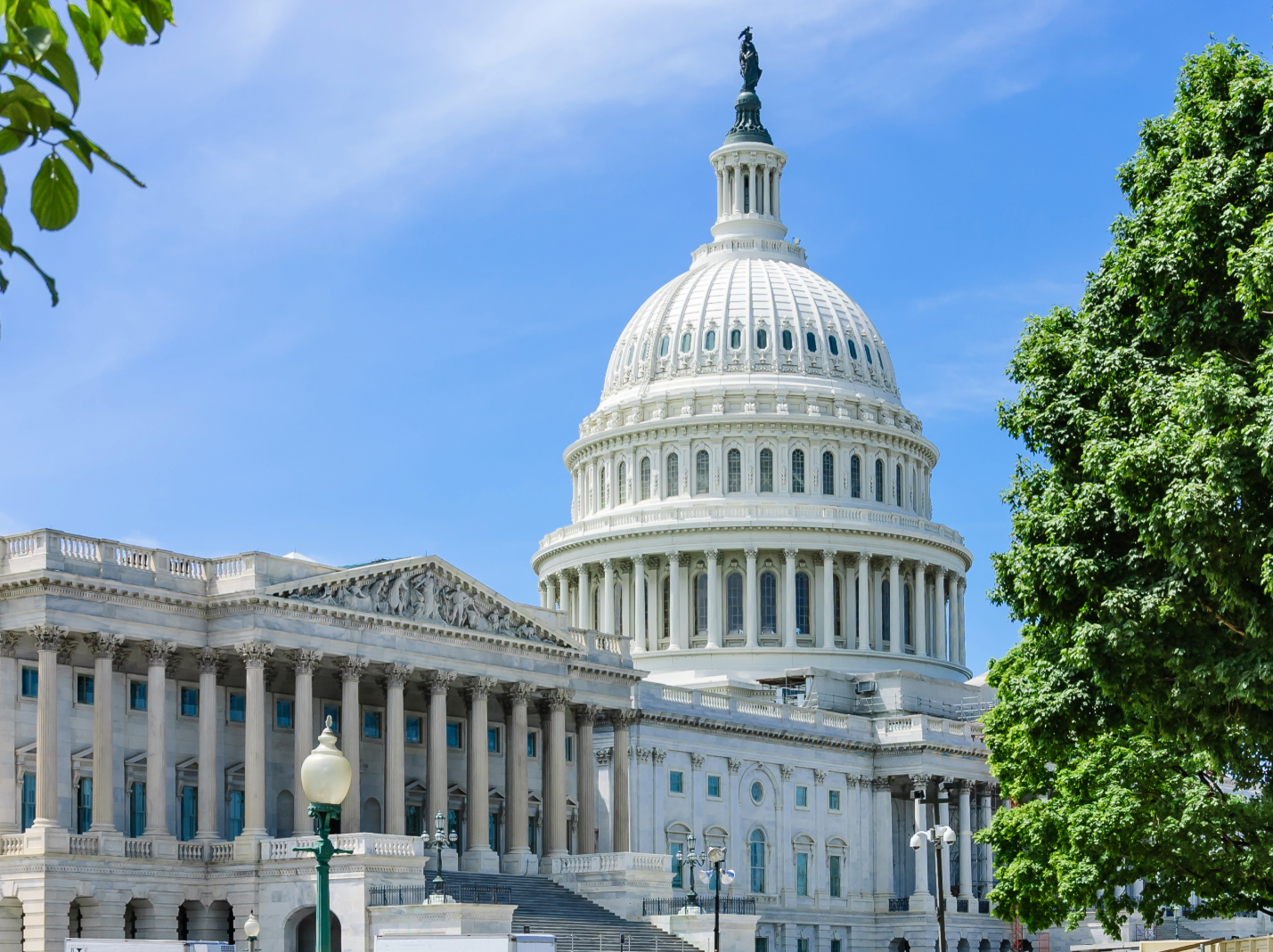
The passage of the End Woke Higher Education Act by the U.S. House of Representatives—currently awaiting a Senate vote—marks a significant victory for constitutional freedoms in higher education. At a time when campuses are increasingly dominated by restrictive speech codes and “diversity, equity, and inclusion” (DEI) mandates, this bill offers a much-needed course correction.
If passed in full, this legislation will ensure that universities remain spaces for free thought, unshackled from political litmus tests. The act amends the Higher Education Act of 1965 to prohibit accrediting agencies from requiring, encouraging, or coercing institutions to adopt political or ideological positions as a condition of accreditation.
For years, accrediting bodies have wielded significant influence over which institutions are eligible for federal funds. More recently, their role has expanded to enforcing ideological standards, often tied to controversial DEI initiatives. This amendment strikes at the heart of this practice, barring accreditors from compelling schools to adopt political positions or violate constitutionally protected rights. As National Association of Scholars Board of Directors Member Adam Kissel notes in his summary of the bill, “accreditors too often abuse their gatekeeping power. This bill ensures that, at least for student aid purposes, accreditors do not stray beyond the letter of the law.”
The bill also defends the independence of religious schools. Institutions with religious missions can maintain codes of conduct or statements of faith without risking accreditation if these policies align with federal law or court rulings. The “Limitation on Scope of Criteria” section ensures accrediting agencies cannot impose requirements beyond those necessary for Title IV participation, giving religious schools greater autonomy to preserve their core values while remaining eligible for federal funding.
A key provision—the Respecting the First Amendment on Campus Act—ensures that nonsectarian institutions adopt policies aligning with free speech principles. The bill encourages universities to embrace the Chicago Principles or similar guidelines that affirm a commitment to free expression. Public institutions, particularly, are prohibited from conditioning admissions, promotions, or tenure on political pledges, including DEI statements. This safeguard sets a clear boundary: universities must protect free speech and intellectual inquiry, not use them as bargaining chips for ideological loyalty.
Transparency is another cornerstone of the bill. If it passes the Senate and becomes law, universities must publicly disclose their free speech, association, and religion policies annually. This reporting will clarify where institutions stand and provide students and faculty with recourse if their rights are violated. Mandatory disclosure holds universities accountable and allows the public to assess whether schools are truly fostering a marketplace of ideas.
The bill also ensures equal treatment for student organizations. It prevents universities from denying recognition or funding to groups based on their viewpoints. Too often, religious or conservative organizations have been sidelined because they don’t align with the prevailing campus ideology. The End Woke Higher Education Act guarantees that all student groups will be treated equally regardless of their beliefs.
Ultimately, the act promotes the most essential form of diversity: diversity of thought. It ensures that students will be exposed to a wide range of ideas rather than being funneled into a narrow ideological agenda. Higher education should challenge assumptions, foster critical thinking, and encourage debate. By eliminating coercive political litmus tests, this bill ensures that universities remain spaces for genuine intellectual exploration. And, all in all, while the fight for free speech in academia continues, this act draws a decisive line against the ideological capture of American universities.
Image by Pierrette Guertin — Adobe Stock — Asset ID#: 77017151

“The bill also ensures equal treatment for student organizations. It prevents universities from denying recognition or funding to groups based on their viewpoints.”
I doubt it will because what the university will do is silence conservative groups by claiming that such groups already exist. For example, students supporting Trump would be told to join the Republican Club which opposes him, students supporting the IDF told to join Team Hamas, etc.
The other trick universities often use is to recruit students to join the conservative club so as to vote out its leadership and shut it down. UMass Amherst did this quite effectively 15 years ago, silencing a student newspaper that was revealing serious financial misdeeds in the student government and university itself.
The real issue is the Southworth Decision of a quarter century ago — at the time a lot of us fully expected a Southworth II because the decision was based on the presumption that any group wanting funding could be (and hence would be) and that is financially impossible.
The Arizona legislature is looking at an interesting proposal to allow students to veto funding a group — for students to name one group they do not want funded. Making the mandatory fee optional is perhaps a better option, but you will never see it because student organizations are irrelevant to 90% of the students.
This bill builds on some of the things that Betsy DeVos was attempting to do BC (Before Covid) and a good start but it really ought to also include program accreditors, i.e. the APA, ABA, and such, who impose unconstitutional requirements on universities. Case in point Jennifer Keeton who was ordered to change her religious views if she wished to remain in a counseling program at a state university — because the APA mandated it.
The reason why staying woke and DEI are “controversial” concepts for people like you is because you politicized them in the first place. Create problems, point them out with astonishment, and then look like you’re solving something. Overt male white power propaganda, racism and hegemony disguised as “protect free speech” legislation.
OK, repeal the Civil Rights Act of 1964.
Come out and publicly state that you think that racism is good. Et Cetera.
At least I will respect you for being honest about your bigotry.